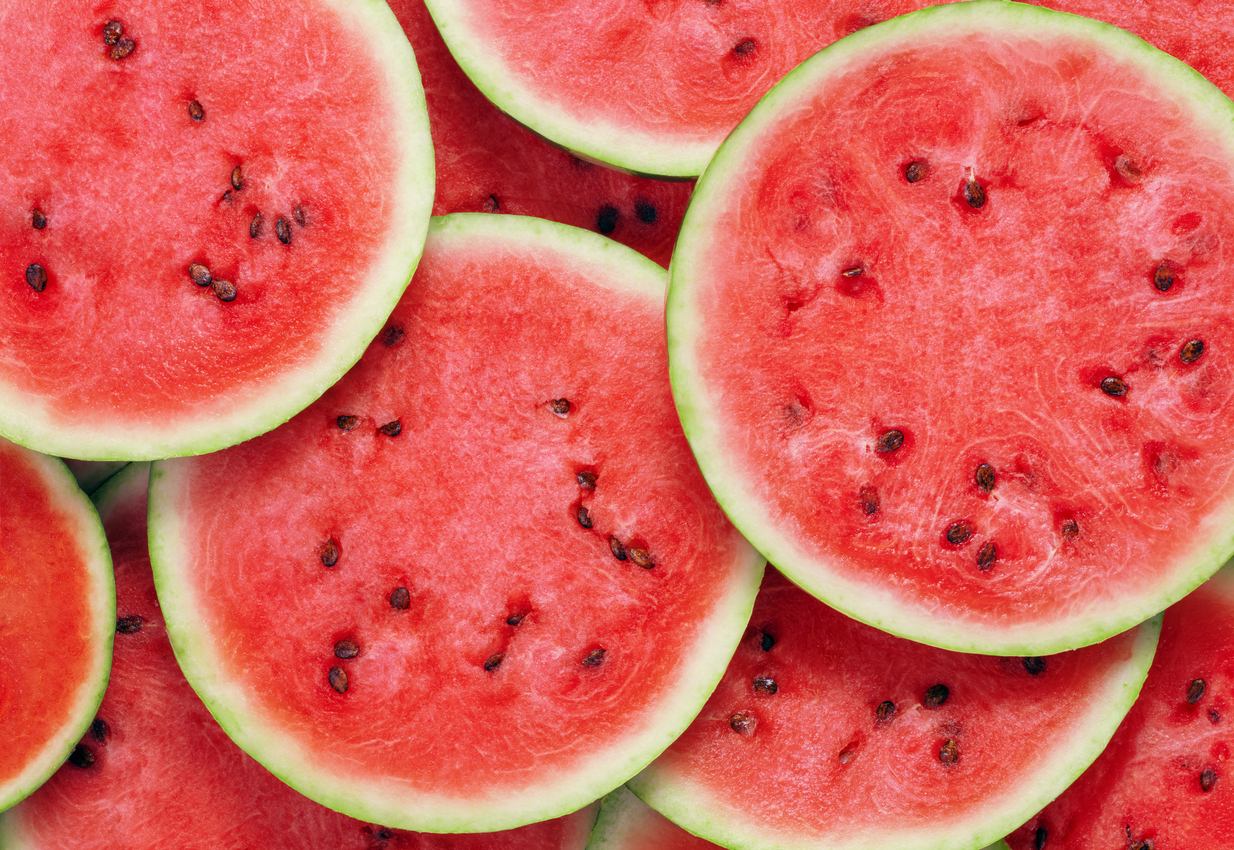
Long-read Sequence Technology Used to Find Genes for Improvement of Watermelon Traits
November 6, 2019| |
Scientists from Beijing Academy of Agricultural and Forestry Sciences took a comprehensive look at the genomes of 414 watermelons representing seven species, with the goal of finding genes that will help develop better fruit quality and resistance to pests, disease, drought, and other biotic and abiotic stresses.
According to the paper published in Nature Genetics, the researchers developed an enhanced version of a reference genome, which is used by scientists and breeders to look for new and interesting versions of genes from their samples. The first watermelon reference genome published in 2013 was created using short-read sequencing technologies. In the latest study, long-read sequencing technologies were used to develop a better-quality reference genome for the watermelon community.
Results showed that cultivated watermelon was domesticated by breeding out the bitterness traits while boosting sweetness, fruit size, and flesh color. The modern watermelon varieties have been further improved in the past few hundred years through the improvement of sweetness, flavor and crispy texture. The team also discovered parts of the watermelon genome that could be altered for continuous improvement of fruit quality, such as by making them bigger, sweeter, and crispier.
For more details, download the research article in Nature Genetics.
| |
You might also like:
- CRISPR-Cas9-based Gene Knockout in Watermelon
- Chinese Researchers Develop Herbicide Tolerant Watermelon
- Scientists Sequence Charleston Gray Watermelon
Biotech Updates is a weekly newsletter of ISAAA, a not-for-profit organization. It is distributed for free to over 22,000 subscribers worldwide to inform them about the key developments in biosciences, especially in biotechnology. Your support will help us in our mission to feed the world with knowledge. You can help by donating as little as $10.
-
See more articles:
-
News from Around the World
- Golden Rice Hailed As One of PMI's Most Influential Projects of the Last 50 Years
- Pumpkin Genomes Reveal Uncommon Evolutionary History
- Scientists Double Sorghum Grain Yields by 200%
- Researchers Discover ‘KARAPPO' Gene, Reveals How Plants Reproduce through Cloning
- New Book on Science of Communicating Science Published
- EU to Face Economic Disaster if GMO is Banned, Food Safety Commissioner Says
-
Research Highlights
- Increase in Maize Yield Results from Overexpression of Single Gene
- Long-read Sequence Technology Used to Find Genes for Improvement of Watermelon Traits
-
Plant
- CRISPR-Cas9 Used to Alter Anthocyanin Production in Black Rice
- Bacterial Blight Resistant Rice Developed thru Genome Editing
-
Read the latest: - Biotech Updates (December 17, 2025)
- Gene Editing Supplement (December 17, 2025)
- Gene Drive Supplement (February 22, 2023)
-
Subscribe to BU: - Share
- Tweet

